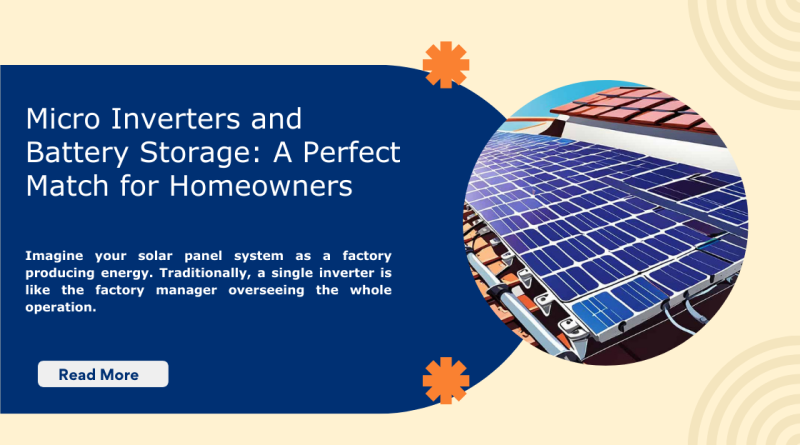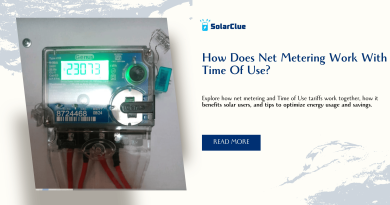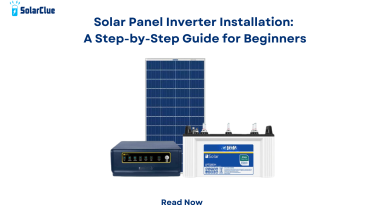Micro Inverters and Battery Storage: A Perfect Match for Homeowners
If you’re thinking about diving into solar energy for your home, you’ve probably heard the buzz around micro inverters and battery storage. You might be wondering, “What’s the deal with these two technologies, and how do they work together?” Well, you’re in the right place! Let’s break it down in simple terms and explore why combining micro inverters with battery storage could be a game-changer for your home’s energy setup.
Table of Contents
What Are Micro Inverters?
Let’s start with micro inverters. Imagine your solar panel system as a factory producing energy. Traditionally, a single inverter is like the factory manager overseeing the whole operation. However, These are like having a mini manager on each production line (or solar panel). Each solar panel has its own micro inverter, converting sunlight into usable electricity right where it’s generated.
Here’s why micro inverters are Useful:
1.Enhanced Efficiency: Since each panel works independently, if one panel gets shaded or dirty, it doesn’t drag down the performance of the others. This means your system works more efficiently overall.
2.Easy Troubleshooting: If something goes wrong with one panel or its micro inverter, it’s easier to identify and fix the problem without affecting the entire system.
3.Scalability: Want to add more panels in the future? Micro inverters make it simple because you don’t have to replace or upgrade a single central inverter.
What About Battery Storage?
Now, let’s know about battery storage. Imagine it as a giant energy bank where you can store extra electricity for later use. Solar panels generate power when the sun is shining, but what about at night or on cloudy days? That’s where battery storage comes in.
Here’s how battery storage benefits you:
1.Energy Independence: By storing excess energy, you’re less reliant on the grid. This is especially useful during power outages or peak times when electricity prices might be higher.
2.Cost Savings: If you use your stored energy during peak hours when electricity rates are higher, you can save money on your utility bills.
3.Optimized Solar Usage: Instead of sending excess energy back to the grid (which might not be compensated well), you store it and use it whenever you need it.
The Perfect Pair: Micro Inverters and Battery Storage
So, why do micro inverters and battery storage make such a great team? Let’s dive into how combining these technologies can enhance your home’s solar setup.
1. Maximized Energy Production
With micro inverters, each solar panel operates at its peak efficiency. When you add battery storage into the mix, you ensure that all the extra energy produced during sunny periods is captured and stored for later use. This combination means you’re getting the most out of your solar panels and your battery storage.
2. Increased Reliability
Since micro inverters minimize the impact of any one panel’s performance on the overall system, your energy production remains steady. Pairing this with battery storage means you have a reliable source of energy at any time, regardless of the sun’s availability.
3. Better Management of Energy Supply and Demand
Micro inverters allow for precise monitoring of each panel’s performance. When combined with battery storage, you can manage how and when you use the energy you’ve stored. This helps in balancing your energy needs with your production and storage capabilities.
4. Future-Proofing Your System
As technology evolves, having a system with micro inverters and battery storage positions you well for future upgrades. You can easily add more panels or batteries as needed, ensuring that your solar setup remains efficient and effective for years to come.
Comparing Micro Inverters and Traditional Inverters
To illustrate the benefits more clearly, let’s take a look at a simple comparison table between micro inverters and traditional (central) inverters:
| Feature | Micro Inverters | Traditional Inverters |
|---|---|---|
| Efficiency | Higher, as each panel operates independently | Lower, as all panels are affected by the least efficient one |
| Installation | Easier to add or upgrade panels | Harder to modify or expand |
| Troubleshooting | Simpler, isolated issues | More complex, issues affect the entire system |
| Performance | Consistent, less impact from shading | Can suffer from shading and panel issues |
| Cost | Typically higher initial cost | Lower initial cost, but may incur higher long-term maintenance |
Conclusion
In summary, micro inverters and battery storage are a dynamic duo for modern solar energy systems. By using this, you ensure that each solar panel works at its best, while battery storage lets you store and use your excess energy efficiently. Together, they provide a more reliable, cost-effective, and future-proof solution for your home’s energy needs.
So, if you’re considering upgrading or installing a solar energy system, think about how micro inverters and battery storage could work together to give you the best results. It’s all about making your home more energy-efficient and less dependent on traditional power sources. Happy solar planning!
Visit SolarClue® to see the best Solar Inverter. SolarClue® actively sells solar energy products at discounts of up to 50% on its online marketplace.
FAQ
1.Are micro inverters any good?
Microinverters are much safer compared to systems that use string inverters. This is because when microinverters are used, DC to AC conversion occurs at the solar panel level.
2.Is a microinverter AC or DC?
Because microinverters convert the DC power generated by the solar panels to AC immediately underneath each panel, it means the system has an AC cable run down to the meter board instead of high-voltage DC.
3.Are micro inverters noisy?
Microinverters themselves are not generally noisy.



